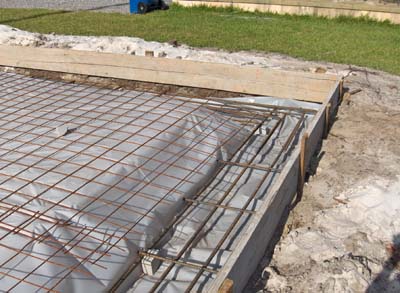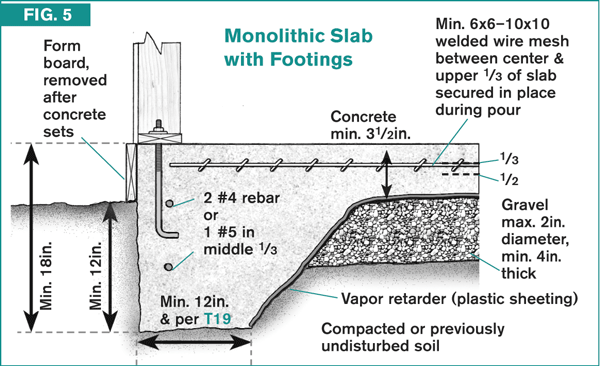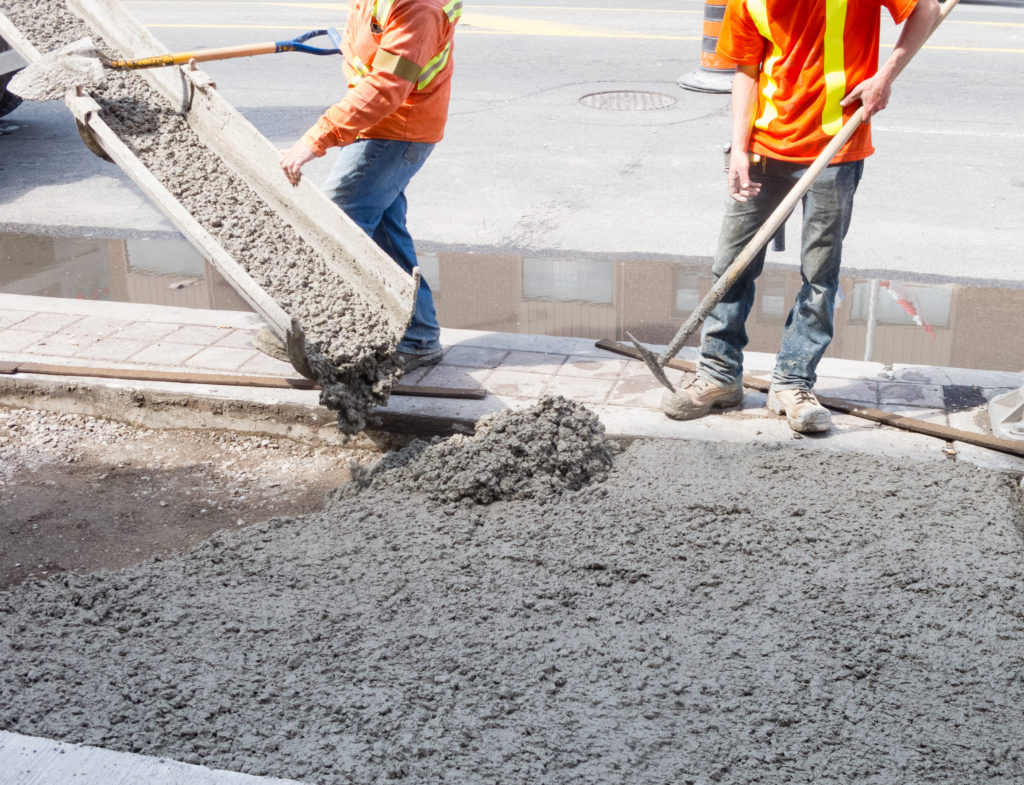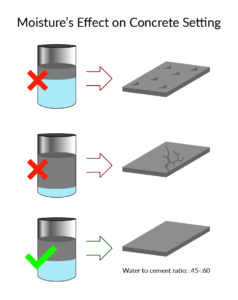Damn, you and I think alike. Each slab is a monolithic pour. The 100 foot wall has a concrete footing.
9 ft high in back of the shed. About 900 blocks took me 8 years to lay. Each is pinned and glued. About
200 tons of stone behind the wall for drainage. Slotted drain pipe at base going out to the street and
another pipe closer to the surface. All slabs are overbuilt. 6" of concrete with 12" stone underneath.
Reinforcing wire and re-bar tying everything together where possible. The hill used to end right behind
the garage. It's all ledge underneath. 2 years of jack hammering before I had to call in the big equipment.
All digging for slabs around the garage done by myself with a shovel.
The 1 car garage will be coming down hopefully soon and will become a 2 car with a workshop at the rear.
When that happens, the entire slab except for 42" from the wall, will be over-poured with another 2 inches
of concrete, but I have to find out about incorporating at least a 2 foot wall at the edges because I don't want
the grass right at the bottom like it is now. This year I plan to have the digging done and stone placed for
extending the driveway in front of the slab and running a drain pipe to the street.













































